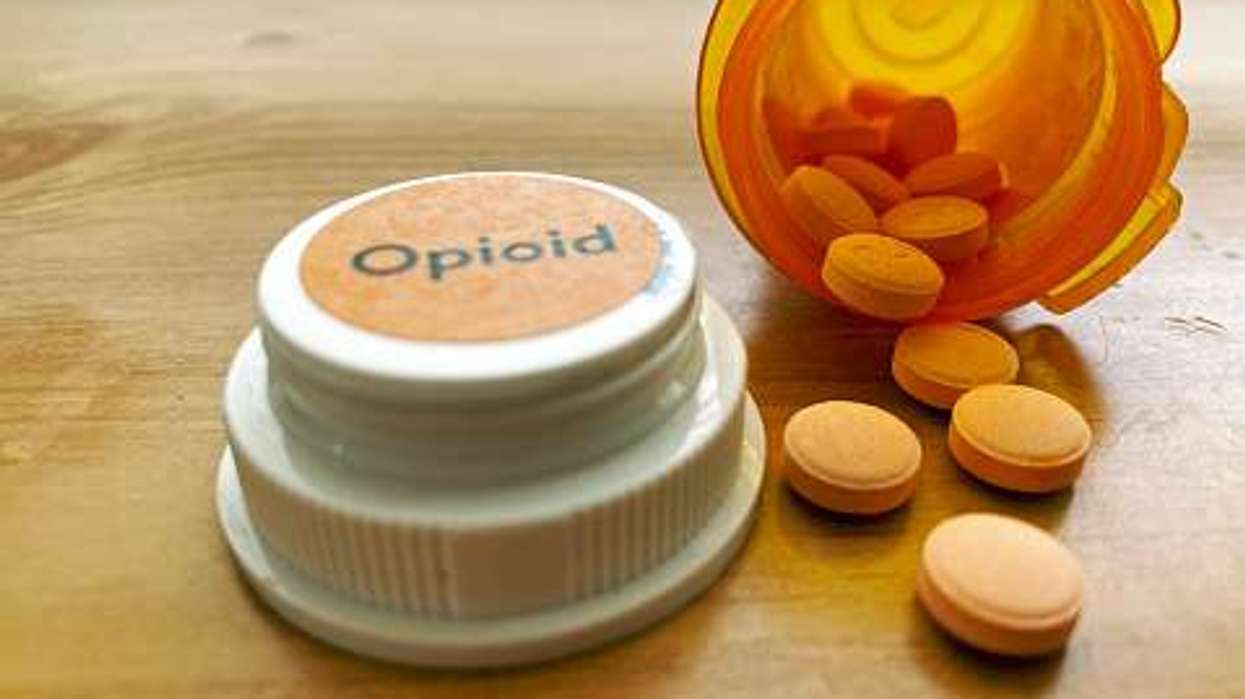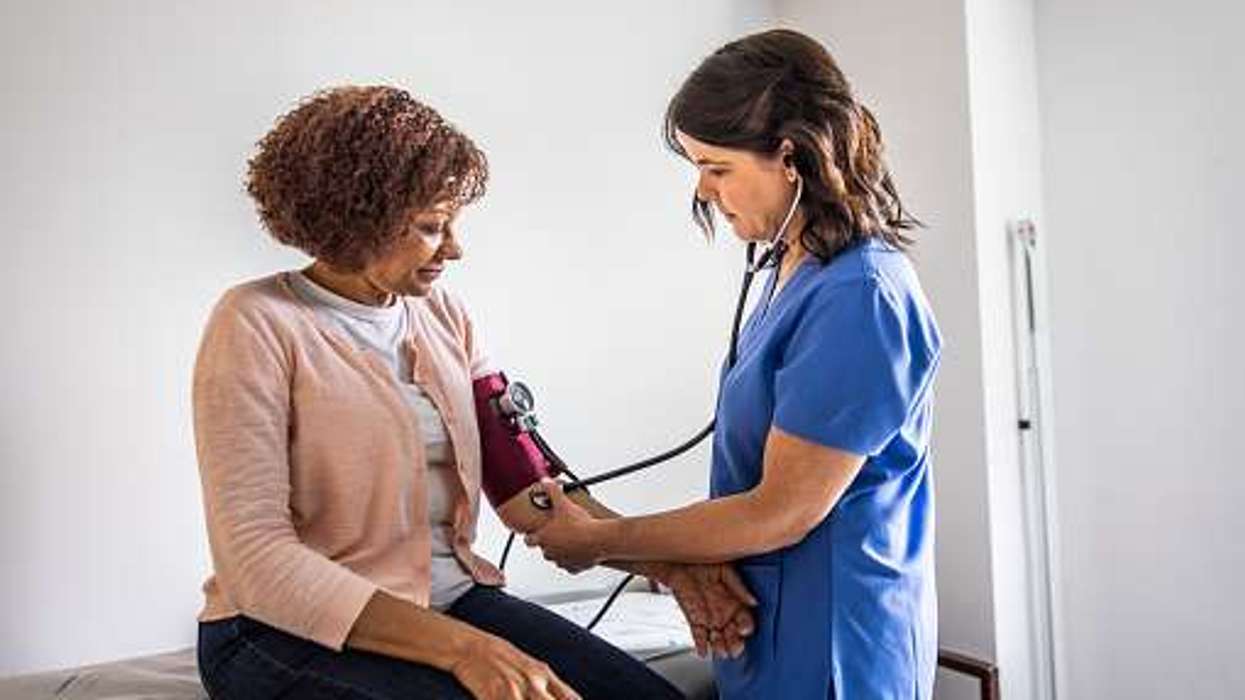The government has launched a six-week consultation on its plans to mandate Covid-19 and flu vaccinations for frontline health and care staff.
The consultation process will take views on whether vaccine requirements should apply for health and wider social care workers – those in contact with patients and people receiving care.
It would mean only those who are fully vaccinated, unless medically exempt, could be deployed to deliver health and care services.
The consultation will also seek views on whether flu vaccines should be a requirement for health and care workers.
Currently, around 92 per cent of NHS trust staff have received one dose of a Covid vaccine, with 88 per cent of staff having received both doses.
National flu vaccination rates in the health service have also increased from 14 per cent in 2002 to 76 per cent last year.
Besides protecting vulnerable patients, the proposal is aimed at safeguarding the staff, as extensive unexpected staff absences can put more pressure on clinicians during busy winter periods.
Health secretary Sajid Javid said: “It’s so clear to see the impact vaccines have against respiratory viruses which can be fatal to the vulnerable, and that’s why we’re exploring mandatory vaccines for both Covid-19 and flu.
“We will consider the responses to the consultation carefully but, whatever happens, I urge the small minority of NHS staff who have not yet been jabbed to consider getting vaccinated – for their own health as well as those around them.”
The government previously said all staff in registered care homes in England must be vaccinated against Covid-19 from November 11, unless medically exempt.
The Scientific Advisory Group for Emergencies (Sage) Social Care Working Group has said the overlap between the sectors makes a strong scientific case for there to be similar approaches to vaccination.
Findings of the consultation will help in decision-making around how the change could be implemented and who could be exempt. The final decision is expected this winter.











